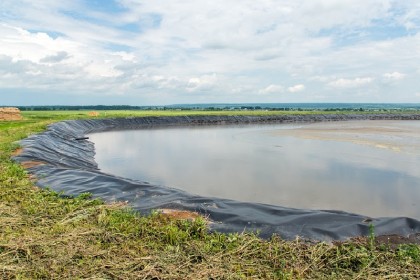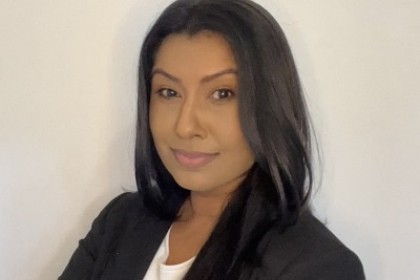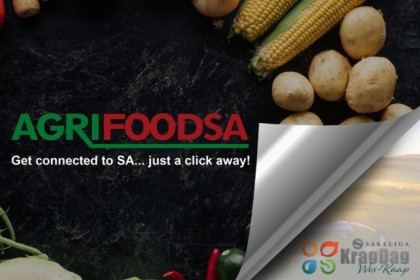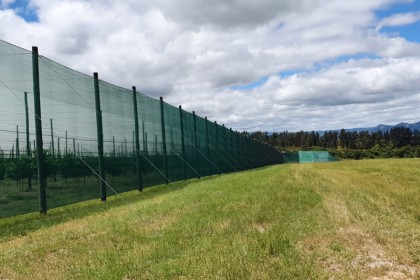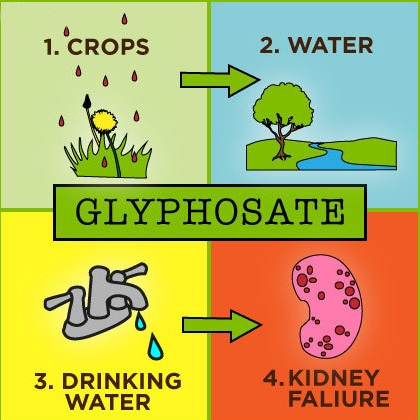
Is Glyphosate Now A Human Rights Issue?
In this first edition of 2017 we're focusing on the issue of genetic modification. The passionate plea by Inkatha's Prince Mangosuthu Buthelezi to government on GMOs makes for some pretty disturbing reading. The IPF leader is basically accusing government of abandoning its responsibility for the wellbeing of South Africans by failing to outlaw glyphosate - which has been found by the WHO to be "probably carcinogenic". SA has the dubious reputation of being the world's eighth largest producer of GM crops and the only country reputed to allow its staple food (maize) to be genetically modified, so glyphosate (the main herbicide used with GM crops) is not just of passing interest - it's a critical public health concern. So far there has been only silence from government - even the Public Protector, according to Buthelezi, ducked and dived on his call to investigate the matter. Monsanto, whose glyphosate product Roundup is the world's No 1 selling herbicide (it recently merged with Germany's Bayer in a $66 billion deal) is so deeply embedded in SA agriculture that it's unlikely we can expect any open/ honest conversation; there's just too much money, too many vested interests and too many careers/egos at stake. Buthelezi's concerns come at the time when the GM crops are under renewed scrutiny for failing to deliver on their promises. And after the WHO finding on glyphosate, it doesn't take a rocket scientist to recognise that the matter requires urgent, thorough, sober and independent investigation, not just another tiresome war of words between environmentalists and big farma. Buthelezi, with the backing of the Cancer Association and Traditional Healers' Association, has now decided to take the matter to the Human Rights Council. If his claim that glyphosate is poisoning South Africans en masse turns out to be even partially true, it's likely to be the biggest human rights abuse in our country since apartheid.
It's hard to miss the headlines screaming 50 000 job losses looming in the poultry industry. All those dire warnings from local producers about the flood of cheap imports from Brazil and USA are, pardon the pun, coming home to roost. Poultry Association's Kevin Lovell puts it succinctly: “There is no such thing as cheap food if you don’t have a job," adding that the jobs being lost are gone forever. Soy bean and maize farmers (poultry is a huge consumer of these feeds) are also hugely impacted by the dumping of cheap chicken on SA. Will Minister Rob Davies rise to the occasion and stop this madness, or will government continue to actively shed the jobs it keeps promising and failing to create?
Bruce Cohen
Article reposted from Food & Beverage Reporter Jan/Feb '17.








